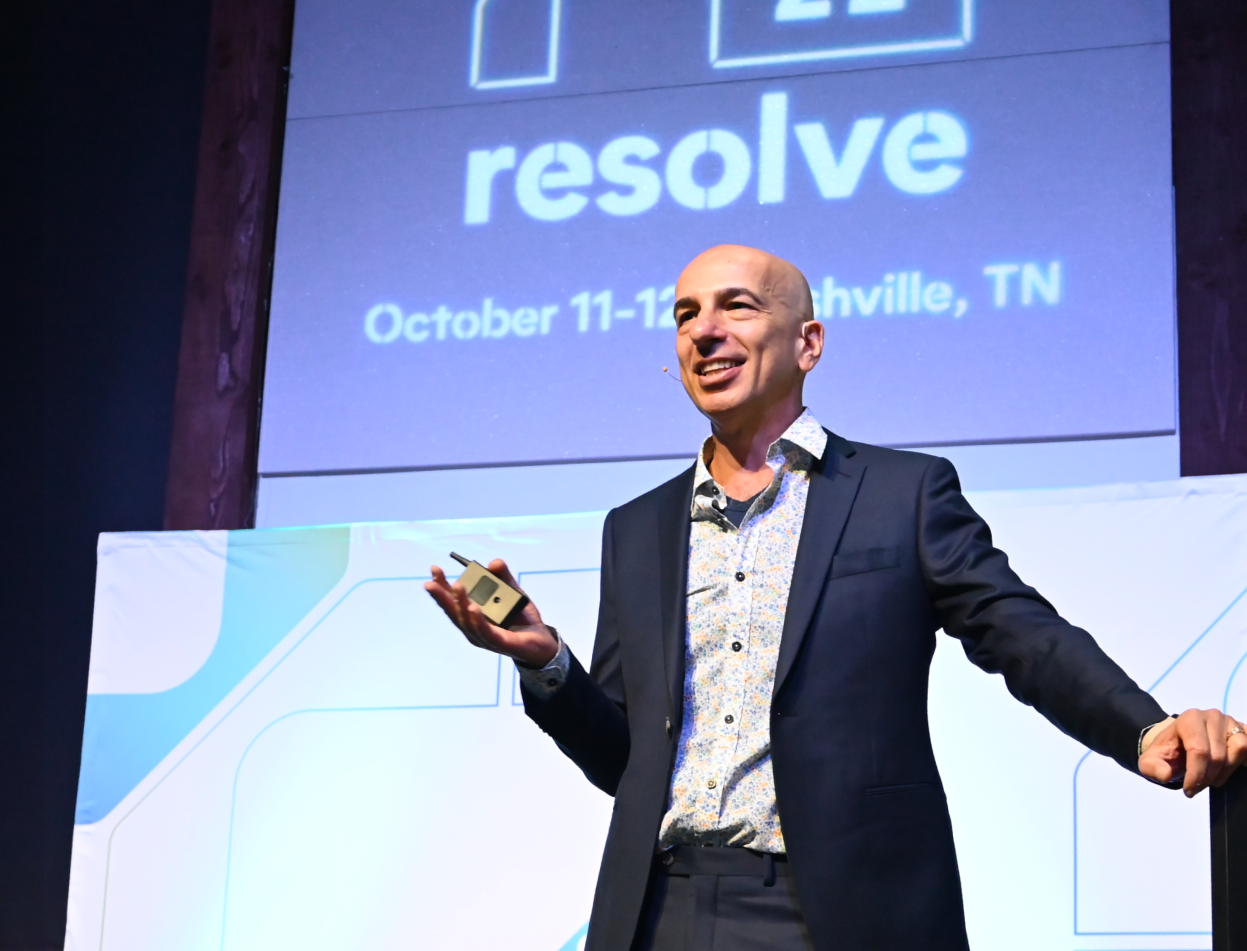Customer service call centers comprise a significant portion of the U.S.’s economy, with four million workers employed by the industry. However, over the past several years, the expansion of technology has allowed the industry to move call center jobs overseas, taking advantage of cheaper wages and less workplace legislation than in the U.S.
U.S. companies have been moving thousands of jobs to overseas call centers, like in the Philippines, India, Mexico, Costa Rica, and the Dominican Republic. For example, the Philippines has over 1,000 call centers, with the projection that another 100,000 industry jobs will be added annually until 2022. The revenue from these Filipino call centers is projected to hit $38.9 billion by 2022, with some projections going as high as $48 billion. Some well-known companies have already outsourced their call center operations to the Philippines, including Citibank, Verizon, Safeway, Chevron, Visa, and Aetna. Others are in recent or current negotiations with moving their services to the Philippines, including Morgan Stanley and Goldman Sachs.
With the growth of the industry occurring overseas, Americans are losing jobs in this industry, with 18,000 call center jobs lost in 2017 alone. According to the U.S. Bureau of Labor Statistics, between 2006 and 2014, the U.S. lost more than 200,000 call center jobs.
Although the advancement of technology has taken many of these jobs overseas, other technological improvements can keep call center jobs here in the U.S. For example, companies would often send this work abroad, where foreign workers can speak English well enough to answer simple questions. However, now with the proliferation of chatbots and natural language interactive voice response (IVR) systems, computers can handle routine customer calls as opposed to foreign workers, allowing human representatives to handle more complex or personal requests on behalf of consumers.
What is BPO?
Customer service call centers across the globe are part of the business process outsourcing (BPO) industry, which provides back-office services to companies, including accounts payable, IT, human resources, and customer service calls. Unlike cloud-based computer programs, BPOs include both software and hardware computer systems plus a team of employees to run requested services.
As such, businesses don’t have to purchase the necessary equipment to complete these tasks or staff each service internally. Instead, companies can contract with a BPO for these services, reducing companies’ overhead as they take advantage of the BPO’s economies of scale. Businesses can instead focus on their core competencies while outsourcing the rest, allowing them to gain a competitive edge.

Why Do Companies Outsource Call Centers to Other Countries?
Many companies take advantage of the many benefits of outsourcing certain services, such as call centers, to U.S. or foreign BPOs. For example, companies can lower overhead for services that they no longer have to provide internally. Further, companies can take advantage of a heightened compliance strategy, with the BPOs confirming compliance with applicable law and regulations. Finally, BPOs can help companies grow and expand, by streamlining their services and business functions.
Outsourcing to foreign countries has its share of issues, however. When deciding how to scale and streamline business functions, companies should look at their long-term goals, not just short-term solutions.
For example, the drive to outsource in foreign countries is primarily driven by cost. U.S. call center workers make at least four times what their Filipino counterparts make. For example, AT&T Filipino call center workers earn around $2 per hour, where wages average between $3.97 to $4.58 in Mexican AT&T call centers. Many of these foreign AT&T workers have reported wage-theft, including reducing pay rates or docking pay for taking bathroom breaks. The lack of workplace laws or unions impact job quality and performance, creating dropped calls and other IT issues for U.S. consumers.
Additionally, low wages and deplorable working conditions can lead to data breaches as well. For example, AT&T outsourced thousands of their call service jobs overseas, primarily to Asia and Latin America, shutting down over 29 call centers in the U.S. The Communication Workers of America (CWA) union reported that in April 2015, the Federal Communications Commission (FCC) levied a $25 million fine against AT&T for identity theft occurring in its Mexican, Colombia, and Filipino call centers, impacting 280,000 Americans.
Back on U.S. soil, many AT&T employees are threatening to strike, based in large part on the many call center closures occurring over the past several years, causing additional havoc for the telecommunications giant. AT&T continues to shut down call centers, with the most recent occurring in Meriden, Connecticut, despite being a multi-billion dollar beneficiary of the most recent tax reform laws.
Is the U.S. Congress Addressing this Issue?
Moving call centers overseas has become so pervasive that federal legislation has been introduced in Congress. In March 2017, the United States Call Center Worker and Consumer Protection Act was introduced to the U.S. House of Representatives. Although this legislation has not yet been passed as law, companies should consider this potential new legislation when outsourcing business operations.
This bi-partisan legislation would require that call center employees identify their location when speaking to U.S. consumers. Further, this legislation would require that U.S. consumers be given the option to connect to a U.S. customer service representative if they prefer. Finally, under this bill, U.S. companies would be ineligible for specific federal grants and taxpayer-funded loans for any offshore call centers. This legislation would not only protect U.S. call center workers, but it would also strengthen security measures for data overseas.
States are additionally addressing this issue, such as Connecticut’s proposed bill affecting the closure of call centers employing more than fifty employees. In this bill, introduced in January 2019, the state law would require companies closing applicable call centers to provide a one-hundred-day notice to the state if the call center intends to relocate to another U.S. state or a foreign country. If the company doesn’t comply, the company could face penalties as high as $10,000 per day.
How Can Companies Stay Competitive with U.S. Workers?
Moving call center operations to other states or foreign countries is becoming fraught with potential legal and legislative issues, as evidenced above, creating potentially more headaches than benefits. So, what’s a company to do?
With technological advances in chatbots and IVR driven by artificial intelligence (AI), companies now have other options to provide outsourced customer service while keeping tabs on overhead. By implementing this technology to handle routine requests, such as balance requests or payment information, companies can use machines to satisfy many first-call issues. Additionally, AI-driven technology can identify trends in a customer’s purchasing history, allowing the computer to upsell products or services or to ward off potential complaints.
Companies are now focusing on the consumer-experience, instead of a rotating door approach to customer service. By implementing technology along with highly skilled customer service representatives, companies can provide consumers what they now demand—a holistic experience, leading to better customer acquisition and retention.
For example, 79 percent of consumers want to see that companies care about them before they make a purchase. Sixty-four percent of millennials value “anticipation and customization of the experience” based on their purchase history. Forty-five percent of baby boomers value privacy over personalization.
Further, companies that focus on consumer experiences see it show up in their balance sheets. For example, 84 percent of companies focused on the consumer experience have seen their revenue increase. Moreover, companies focused on the customer’s experience have reported a 92 percent customer retention rate.
This new focus on the consumer-experience not only implements technology but also uses human agents to handle more complex customer service issues, such as those in the mortgage or insurance industries. Where consumers can get necessary information from a machine about mortgage rates or types of automobile insurance, when it comes down to weighing the final options before purchase, that consumer can speak to a human agent to get detailed, sophisticated, or highly personalized information on which product is right for their situation.
By training human employees to handle high-level customer service while having computers handle more routine issues, companies can invest in the local workforce while providing a customer experience that keeps consumers coming back for more. If you want to find out more about how to strengthen and add value to your customer call center, give us a call.
 First Notice of Loss
First Notice of Loss 





